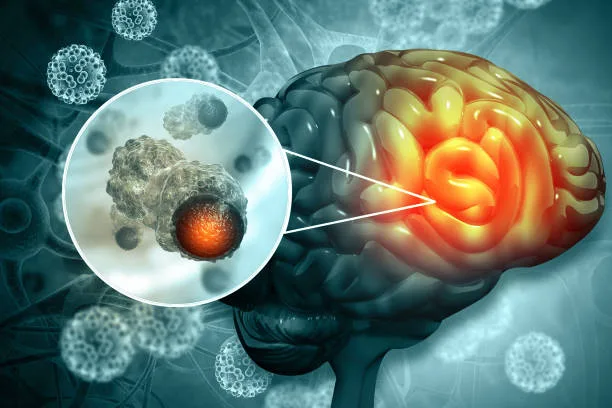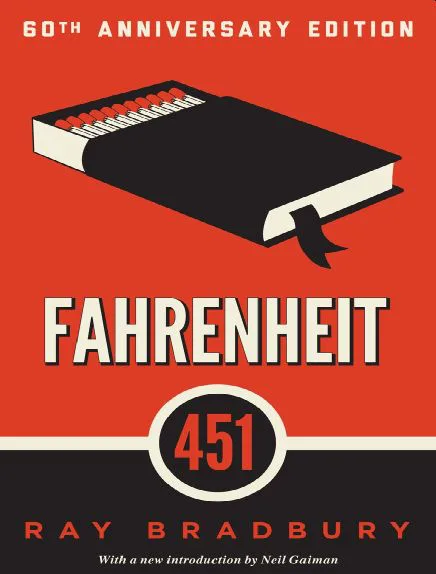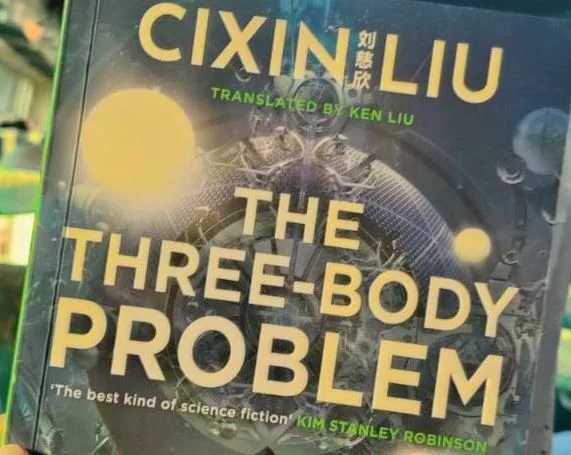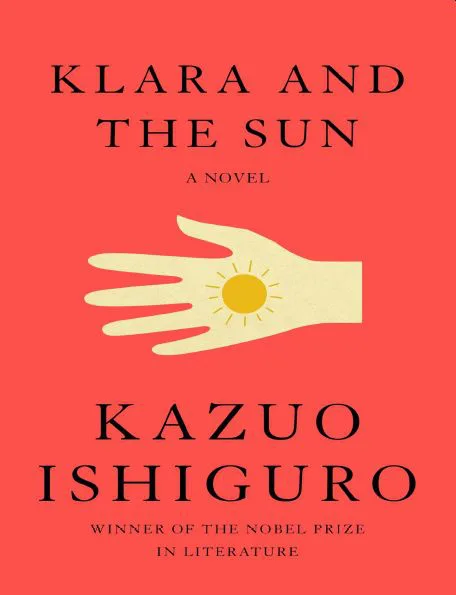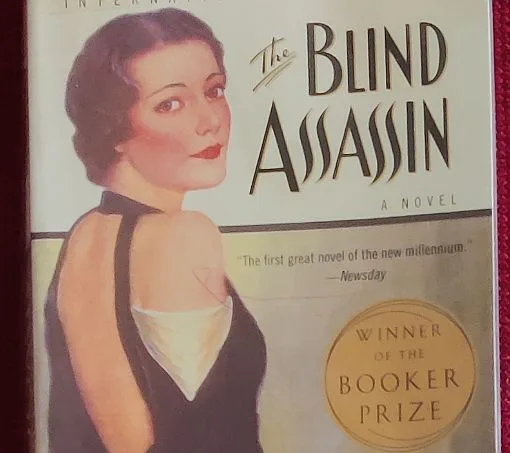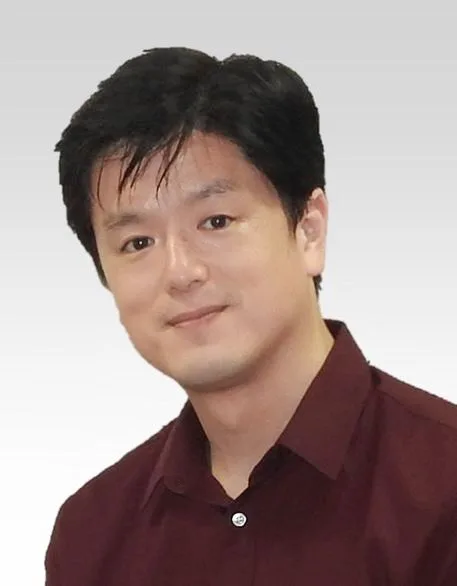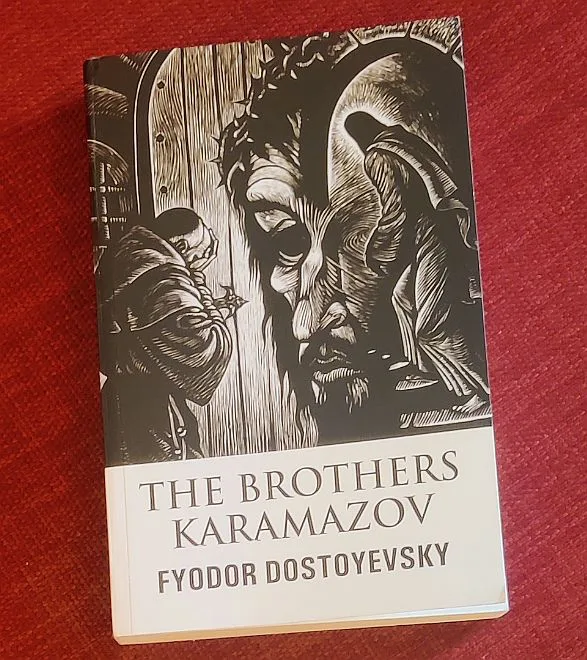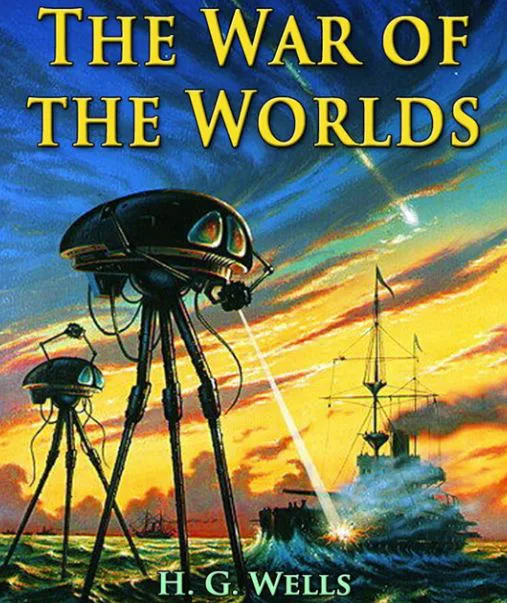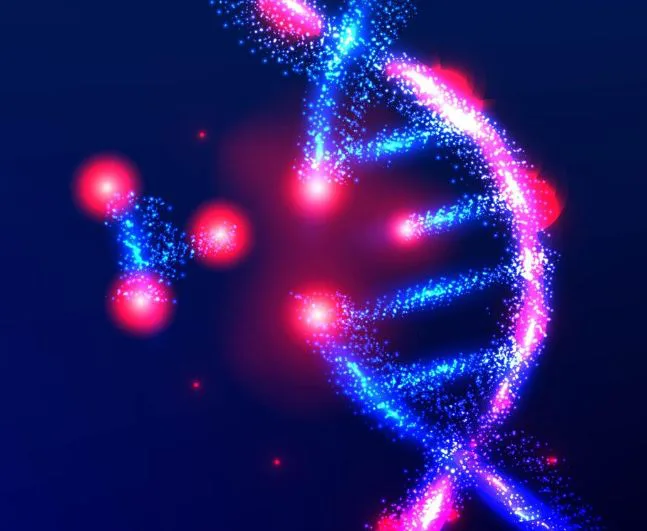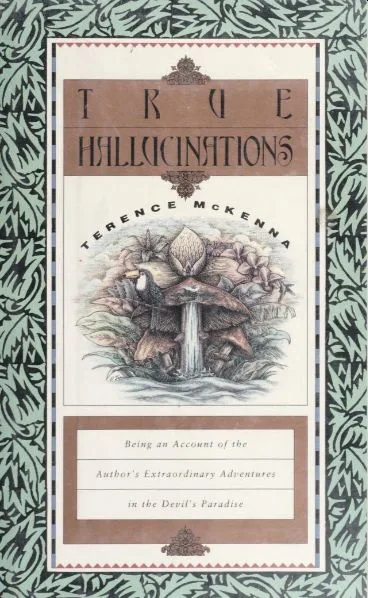Scientists at the Sylvester Comprehensive Cancer Center, part of the University of Miami Miller School of Medicine, have crafted a tiny particle capable of crossing the blood-brain barrier. The team envision to tackle both primary breast cancer tumors and brain metastases in a single treatment.
Read MoreTag: research
Book Review: Fahrenheit 451 by Ray Bradbury
“Fahrenheit 451” is a dystopian fiction, written by American author Ray Bradbury in 1953. It stands as one of his most acclaimed works, delving into a dystopian world where people are programmed for efficiency and superficial contentment through constant exposure to television. In this society, intellectuals and free thinkers are absent, and replaced by passive TV viewers. The Plot: Guy Montag’s Evolution The narrative unfolds through the eyes of Gus Montag, a member of the fire brigade. Also, the central character, Guy Montag, is tasked with identifying and incinerating forbidden…
Read MoreBook Review: The Three-Body Problem by Liu Cixin
“The Three-Body Problem,” an absolute gem of a story was crafted by Liu Cixin. Originally released as a serial in Science Fiction World back in 2006, the work hit bookshelves as a standalone novel in 2008. It snagged the prestigious Galaxy Award for Chinese science fiction in 2006 and quickly became a literary sensation in China.
Read MoreBook Review: Klara and the Sun by Kazuo Ishiguro
Klara and the Sun is my second read from the vault of Kazuo Ishiguro. The book was first published in 2021. It is a dystopian science fiction novel set in a future where android companions are designed for children. In this era, wealthy parents can choose to enhance their children’s intelligence through a process known as “lifting,” which likely involves genetic engineering, although the specifics are not fully explained in the book. While “lifting” boosts intelligence, it also carries risks such as chronic illness and even mortality.
Read MoreBook Review: The Blind Assassin by Margaret Atwood
“The Blind Assassin” is a book authored by Canadian writer Margaret Atwood, initially published in 2000. This marks my second time reading the same book, yet I still don’t feel adequately prepared to provide a review. This book is intricately and elegantly crafted. As we delve into its pages, we gain deep insights into the characters, yet there’s a veil of uncertainty about whose perspective we’re truly witnessing. I felt myself compelled to hunt for subtle clues sprinkled throughout the book, determined to unravel the mysteries concealed within its pages.
Read MoreInterview: Dr. Shoji Takeuchi, a Biohybrid Systems Scientist at The University of Tokyo, Japan
Welcome to our chat with Dr. Shoji Takeuchi, a Biohybrid Systems Scientist rocking it at The University of Tokyo. Dr. Takeuchi’s research covers a bunch of cool stuff like Biohybrid Systems, MEMS, Microfluidics, Tissue Engineering, and Artificial Cell Membrane. Basically, he’s all about blending biology and tech to create awesome bio-hybrid systems.
Read MoreBook Review: The Brothers Karamazov by Fyodor Dostoevsky
When I seek literature that is intricate and profound, I turn to the works of Dostoevsky. And this time, I picked up, “The Brothers Karamazov”. Dostoevsky dedicated almost two years to crafting “The Brothers Karamazov,” serialized in The Russian Messenger from January 1879 to November 1880. Sadly, he passed away less than four months after its publication. This masterpiece has since been hailed as one of the paramount accomplishments in world literature.
Read MoreBotanical Chatter: Unraveling the Intricacies of Plant Biochemical Communication Networks
Plants have a complex and in interesting biochemical communication networks. The workings of these networks resemble our web of social networks. Like we chat through words and sounds and emojis, the flora makes use of scents and signals.
Read MoreInterview: Dr. Yuanbo Chen, Quantum Information Scientist at The University of Tokyo, Japan
Meet Dr. Yuanbo Chen, a dynamic and dedicated PhD student at The University of Tokyo. He is an invaluable member of the Hasegawa Group, where his intellectual curiosity and commitment to pushing the boundaries of quantum research shine brightly. In a recent scientific breakthrough, Dr. Chen, in collaboration with his accomplished team has captured headlines with their pioneering research in battery technology.
Read MoremtDNA: Key Component of Energy Production and Trigger of Inflammation
Entity responsible for powering our cellular functions and in keeping us going is mitochondria. These powerhouses are little sausage-shaped organelles in most types of cells that have a nucleus. These organelles convert chemical energy from the food that we ingest into usable form of energy. This energy is termed as adenosine triphosphate (ATP). ATP is the fuel that we require to carry out the regular activities at cellular level.
Read MoreBook Review: The War of the Worlds by H. G. Wells
Having read “The War of the Worlds” when I was younger, this time around, it was a quick read for me. Additionally, having seen the movie, the pace felt familiar and flowed well. The book written by H. G. Wells was first published in 1898. I am still completely in awe of the creativity that Wells showcased during that era. I’m certain this book was ahead of its time. Anyone considering writing a sci-fi story should first study Wells’ work.
Read MoreAnalyzing Pulsars: To Detect Subnanohertz Gravitational Waves
Detecting gravitational waves have always been a challenging task. It is caused due to high energetic events, like colliding black holes or neutron stars. And so, the phenomenon is like ripples on the fabric of space-time. By the time, this effect reaches us (from deep space), the signals become extremely weak. And hence, too faint to detect.
Read MoreArtificial Life: Researchers Forge New Building Blocks
Researchers at the University of Cologne (UoC) have achieved a groundbreaking milestone by creating artificial nucleotides. Nucleotides forms the building blocks of DNA. So, if we go by the research, the innovative development will make way for potential advancements in genetic engineering as well as molecular biology.
Read MoreBook Review: The Rebel by Albert Camus
The Rebel by Albert Camus is an exploration of the implications of the act of rebellion in response to facing the absurdism that the world has to offer. It was first published in 1951. This happens to be my second read after The Stranger by the same author. Being a collection of essays, the book lacks a conventional plot development. Moreover, it’s not an easy read. The following paragraphs resemble notes I took while reading the book. At the moment, I don’t feel equipped to review this work by Camus.
Read MoreBook Review: True Hallucinations by Terence Mckenna
“True Hallucinations: Being an Account of the Author’s Extraordinary Adventures in the Devil’s Paradise” is a book written by Terence McKenna. It was first published in 1989. In this book, McKenna recounts his experiences with psychedelic substances, particularly during his time spent in the Amazon rainforest with his brother Dennis McKenna and a small group of others.
Read More
